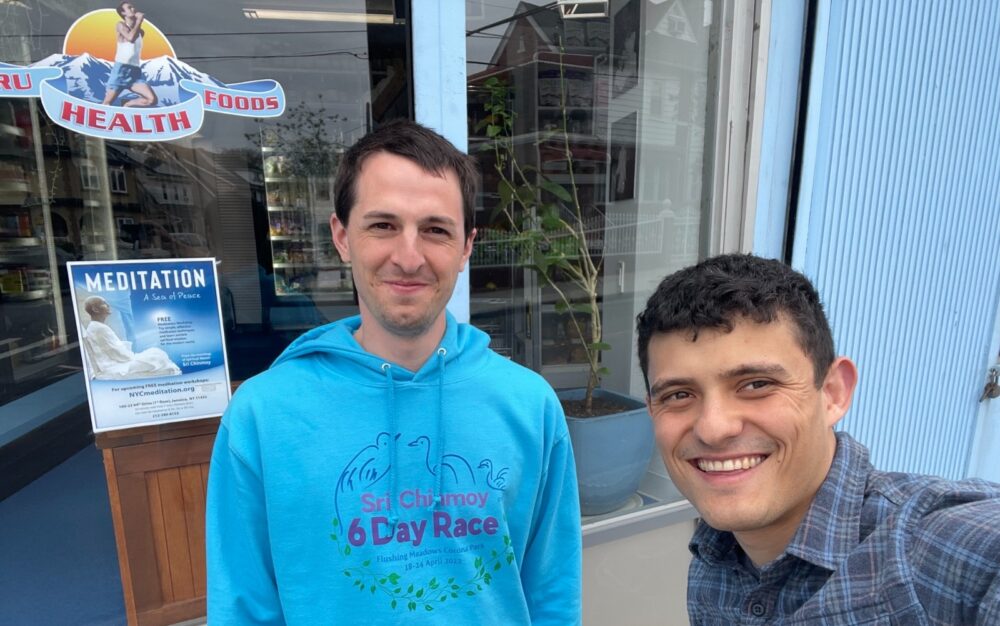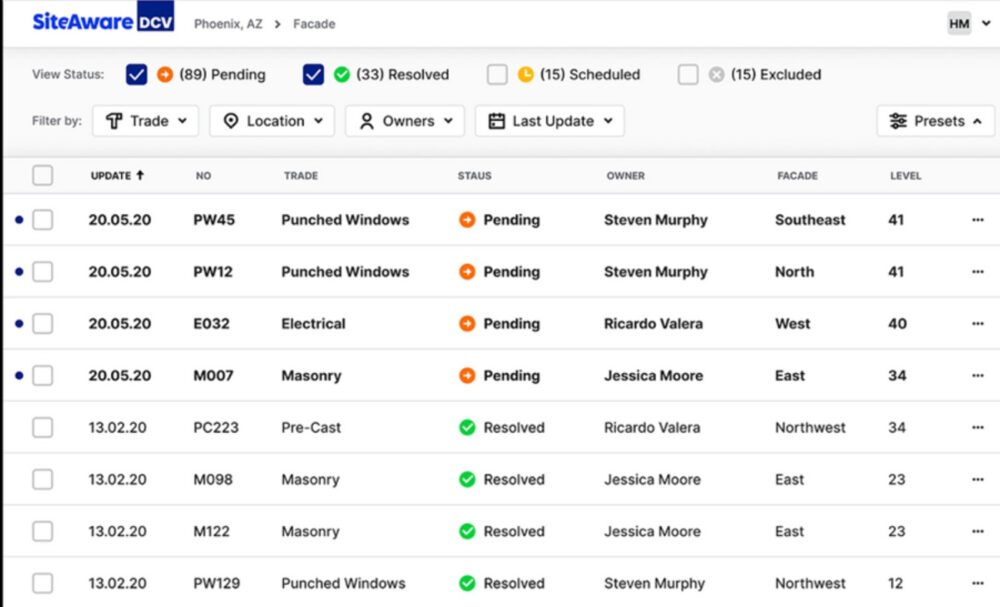The recent escalation of war between Israel and Gaza has sparked fears of a new conflict in the Middle East. However, according to some Jewish sources, this war is not merely another episode in the long-standing conflict, but the onset of the final battle of Gog and Magog (Gog uMagog in Hebrew) – the prophesied invasion of Israel by a coalition of enemies led by a mysterious figure named Gog.
The concept of Gog and Magog originates from the Hebrew Bible, specifically in the books of Ezekiel and Zechariah. In Ezekiel 38-39, Gog is described as the prince of Magog, Meshech, and Tubal, who will launch an attack on Israel from the north, leading a vast army comprising numerous nations. This biblical account paints a vivid picture of the apocalyptic nature of the Gog and Magog event. “You will advance against my people Israel like a cloud covering the land,” the prophecy in Ezekiel 38:16 declares. “In days to come, O Gog, I will bring you against my land, so that the nations may know me when I show myself holy through you before their eyes.”
In Zechariah 14, the prophet foretells the siege of Jerusalem by all the nations of the world, but also God’s intervention, resulting in the destruction of the besiegers through a plague and a great earthquake. The survivors will then recognize God as the true king and worship Him in Jerusalem, a vision of divine triumph and ultimate redemption.
According to Jewish tradition, these prophecies are interconnected with events that will precede the coming of the Messiah and the resurrection of the dead. The war of Gog and Magog is perceived as the ultimate trial for the Jewish people, a time when they will endure great suffering and persecution, but will ultimately be redeemed by God’s miraculous intervention.
Some Jewish commentators have attempted to identify Gog and Magog with historical or contemporary nations or leaders. For instance, Magog has been associated with Russia, Meshech with Moscow, Tubal with Tobolsk, and Gog with various rulers, such as Alexander the Great, Antiochus IV Epiphanes, Napoleon Bonaparte, Adolf Hitler, or Joseph Stalin. These interpretations underscore the enduring nature of the Gog and Magog narrative in the collective consciousness of the Jewish people.
Others have proposed that Gog and Magog are symbolic names for the forces of evil that oppose God and His people, illustrating the eternal struggle between good and evil as depicted in biblical literature.
One of the most intriguing interpretations of Gog and Magog comes from Rabbi Zadok HaKohen of Lublin (1823-1900), a prominent leader of the Chassidic movement in Poland. He claimed that the war of Gog and Magog would occur during the festival of Sukkot, which commemorates the Israelites’ wanderings in the desert after their exodus from Egypt. This connection is rooted in the verse from Ezekiel 38:16 and aligns with the expectation that the war would unfold during a sacred time, symbolizing the profound spiritual significance of the event.
The Israeli-Gaza war right now, which began on October 7th, 2023, has led some Jews to speculate that it might be related to the prophecy of Gog and Magog. This date coincided with the end of Sukkot and was also a Sabbath, Shmini Atzeret, and Simcha Torah – three holy days combined. It was a unique convergence that heightened the sense of significance around the unfolding events, mirroring the Sukkot connection in Rabbi Zadok HaKohen’s interpretation.
The war has been characterized by a surprising attack by Hamas that massacred hundreds of civilians, including children and babies were inhumanly beheaded, and followed by the intense rocket attacks from Gaza into Israel and Israeli airstrikes and ground operations in Gaza. The conflict has drawn international attention, brought USA and UK’s military involvement, with some countries supporting Israel’s right to self-defense and others, as usual, blaming Israel for its actions. The international response underscores the complex and divisive nature of the Israeli-Palestinian conflict.
For the current war to fulfill the prophecy of Gog and Magog, it would need to involve a large coalition of nations attacking Israel from the north, as in the case of Hezbollah. Furthermore, if Iran becomes involved in the conflict, it would be seen as a sign that the Final War has arrived, further heightening the apocalyptic nature of the scenario. The war will undoubtedly be extremely harsh, and the people of Israel will turn to God for help, seeking divine intervention in their time of need.
Ultimately, there will be a decisive intervention by God, as prophesied in biblical literature, and a universal recognition of His sovereignty. The prophecy of Gog and Magog is closely tied to the coming of the Messiah, who will gather the exiles of Israel. This gathering of the Jewish people, symbolized by the calling of all reserves back to Israel, is seen as a critical step in the divine plan.
Whether Jewish or not, it is essential for all of us to pray for peace and security in Israel and throughout the world. The Gog and Magog narrative serves as a reminder of the enduring struggle for justice, peace, and divine intervention in the face of adversity. The hope is that through prayer and collective efforts, we can work towards a world where peace reigns supreme, fulfilling the ancient prophecies and ushering in an era of true global harmony.




Gog is Judaism aka the little horn of Daniel.
Gog invaded the Holy land in 1948 to form the land of Magog, i.e. the Zionist state.
The Zionist state is the blasphemous creation of Magog, i.e. the European globalists (Rome).
It is doomed.
70AD was the repeatedly propheised permannet end of the wicked Southern Kingdom of Judah.
The rebels of Judah have spent 2,000 years cursing Messiah.
Judaism is Amalek.
Creator of a plethora of Noahide cults, e.g. Roman Catholicism, Islam, Freemsoanry, and Christian Zionism.
The “holy” Zohar is the curse of Zechariah 5.
This comment is approved to show an example of how to twist the fact.
I feel pity for your world view.